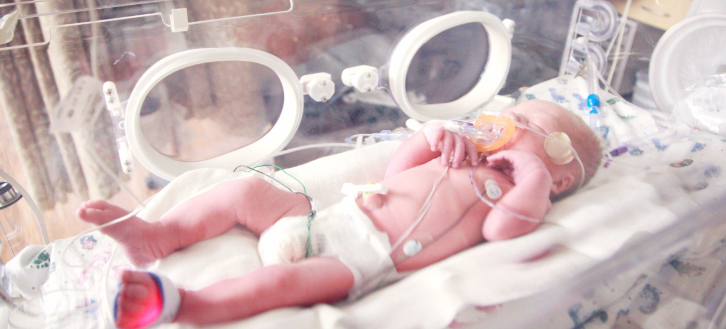The following is a summary of “Performance of urinary C–C motif chemokine ligand 14 for the prediction of persistent acute kidney injury: a systematic review and meta-analysis,” published in the August 2023 issue of Critical Care by Chen et al.
Urinary C–C motif chemokine ligand 14 (CCL14) indicates delayed recovery in acute kidney injury (AKI), but its effectiveness varies across trials.
Researchers conducted a systematic study to evaluate how well urinary CCL14 predicts persistent AKI.
They followed the Preferred Reporting Items for Systematic Reviews and Meta-Analyses (PRISMA) guidelines. PubMed, Embase, and Cochrane databases were searched (April 2023) involving adults (>18 years) that detailed urinary CCL14’s diagnostic performance. Sensitivity, specificity, true positive, false positive results, and event counts were extracted and assessed. Pooled test performance was summarized using hierarchical summary receiver operating characteristic curves (HSROCs), and evidence quality was appraised with the Grading of Recommendations, Assessment, Development, and Evaluations criteria.
The results showed 6 studies with 952 patients. This meta-analysis revealed a 39.6% (377/952) occurrence of persistent AKI. Urinary CCL14 demonstrated pooled sensitivity and specificity of 0.81 (95% CI 0.72–0.87) and 0.71 (95% CI 0.53–0.84) for predicting persistent AKI. The pooled positive likelihood ratio (LR) was 2.75 (95% CI 1.63–4.66), and the negative LR was 0.27 (95% CI 0.18–0.41). Pooled diagnostic accuracy, as indicated by HSROC, stood at 0.84.
They concluded that urinary CCL14 holds promise as a reliable indicator for anticipating persistent AKI.
Source: ccforum.biomedcentral.com/articles/10.1186/s13054-023-04610-7#Sec2














Create Post
Twitter/X Preview
Logout